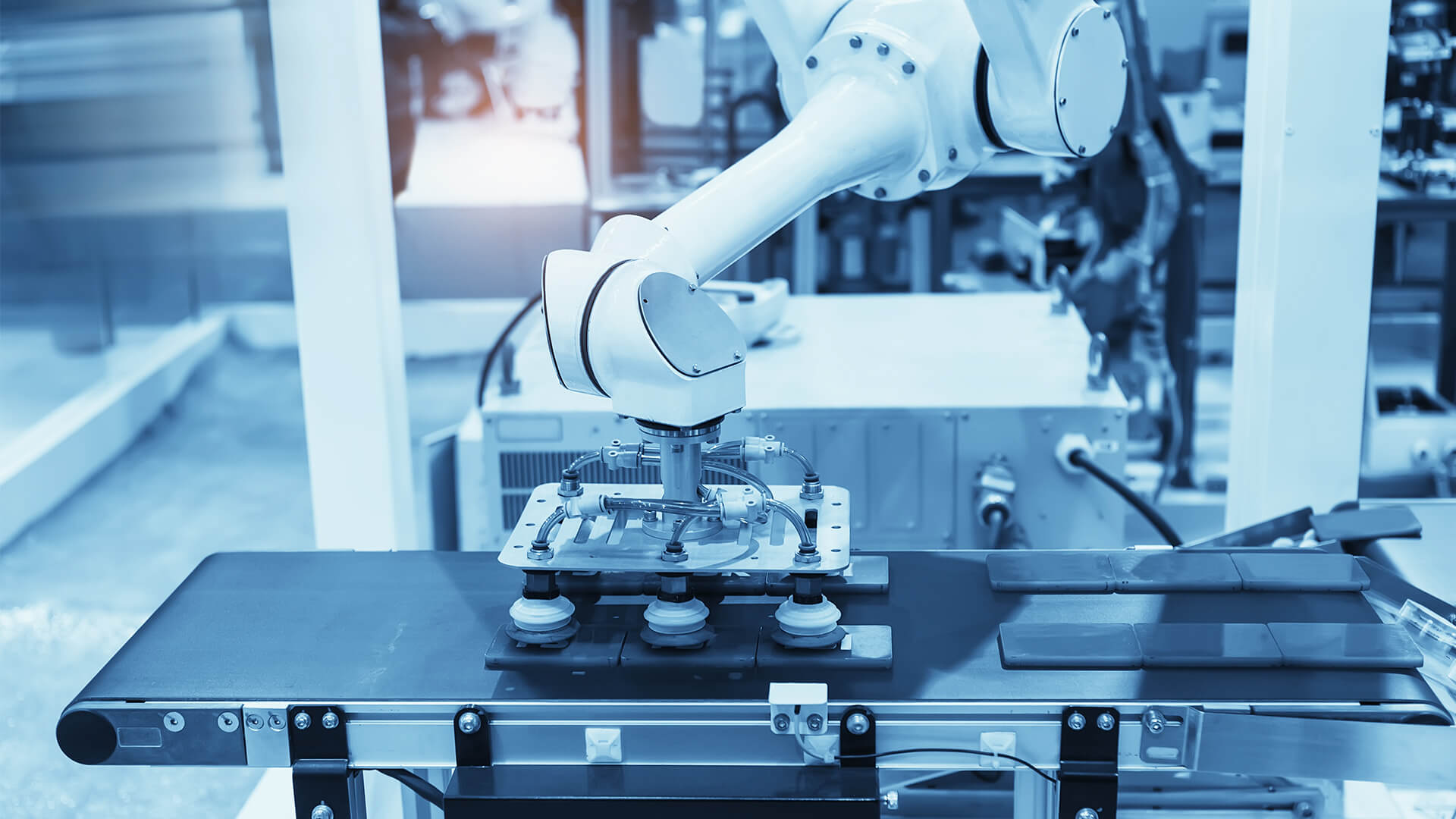-
Blog
-
About us
- Awards
- Issues
- Contact Subscribe
Blog page
![]()





Our Top Categories
From Staff Turnover To Data Compliance: Navigating 4 Key Employer Pain Points
Top Read In Category
asdsd
The Tips and Tricks of Design: Elevating Your Direct Mail Campaign
Top Read In Category
asdsd

The Seven Reasons to Get Funding Education
Top Read In Category
asdsd

5 Strategies for Sustainable Web Development
Top Read In Category
asdsd

Organizing Your Work Essentials For Maximum Productivity
Top Read In Category
asdsd

How Telematics Can Revolutionise Your Fleet
Top Read In Category
asdsd




